How is stone doing with a salt pool?
womanowned
13 years ago
Featured Answer
Sort by:Oldest
Comments (16)
clanch
13 years agofriendswoodnewbie
13 years agosis3
13 years agopoolguynj
13 years agopoolguynj
13 years agohuskyridor
13 years agofriendswoodnewbie
13 years agobusboy
13 years agosis3
13 years agoajones
13 years agojcoburn532
13 years agoschechter
8 years agollcp93
8 years agojleewonghvc
8 years agojleewonghvc
8 years ago
Related Stories

HOUZZ TOURSMy Houzz: Modern and Moody Nostalgia in Salt Lake City
Dark, masculine and nodding to the past, this 1911 apartment is a haven for contemplation
Full Story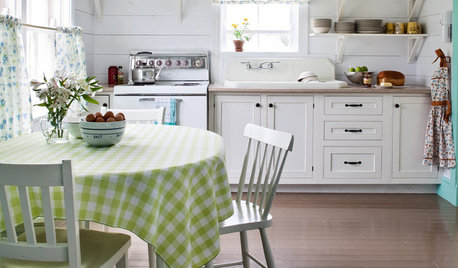
KITCHEN DESIGNThe Cure for Houzz Envy: Kitchen Touches Anyone Can Do
Take your kitchen up a notch even if it will never reach top-of-the-line, with these cheap and easy decorating ideas
Full Story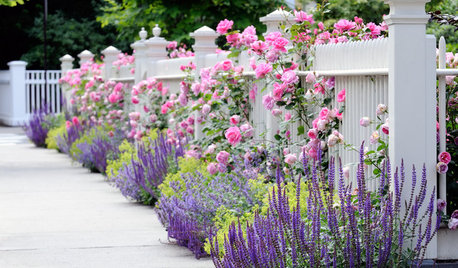
GARDENING GUIDES10 Tips to Start a Garden — Can-Do Ideas for Beginners
Green up your landscape even if you're short on time, money and knowledge, with these manageable steps for first-time gardeners
Full Story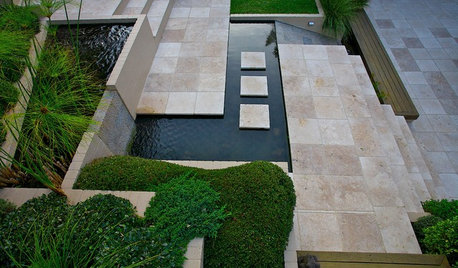
PATIOSLandscape Paving 101: Travertine Keeps Its Cool in Warm Climates
Travertine is a gorgeous paver for a pool surround
Full Story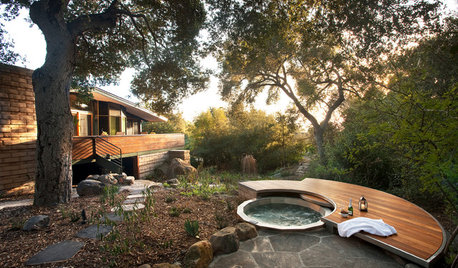
GARDENING AND LANDSCAPING12 Naturally Beautiful Hot Tubs
Prefer a no-plastic look for your patio or yard? Wood, stone and concrete make these hot tubs fit right in with nature
Full Story
MOST POPULAREnjoy Your Summer Garden — Here’s What to Do in July
Our July gardening guides take the guesswork out of summer watering, pruning and planting. See our tips for your U.S. region
Full Story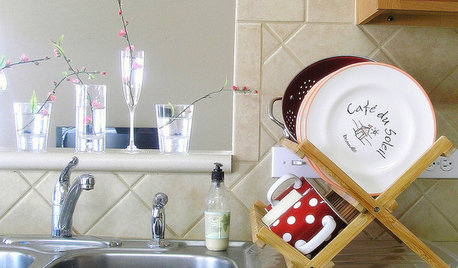
MOTHER’S DAYWhat to Do for Mom Around the House on Mother’s Day
Show appreciation for your mother and make her day extra special with these ideas
Full Story
WORKING WITH PROS10 Things Decorators Want You to Know About What They Do
They do more than pick pretty colors. Here's what decorators can do for you — and how you can help them
Full Story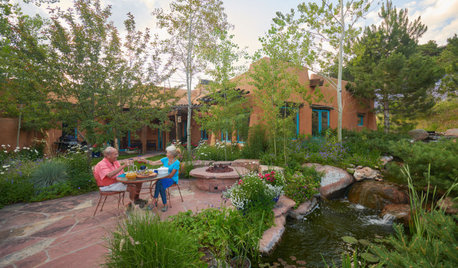
WORKING WITH PROSWhat Do Landscape Architects Do?
There are many misconceptions about what landscape architects do. Learn what they bring to a project
Full Story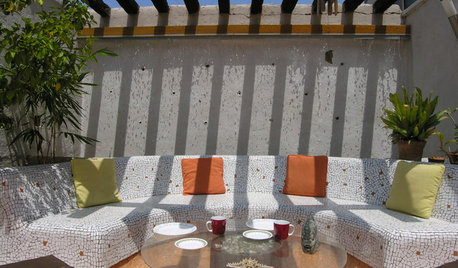
LANDSCAPE DESIGN13 Extra-Cool Things to Do With a Backyard
Sure, you could just plop down on a blanket. Or you could create a dragon’s lair, a mosaic gallery, a party in a jungle ...
Full StoryMore Discussions






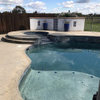
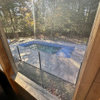

lookingforapool